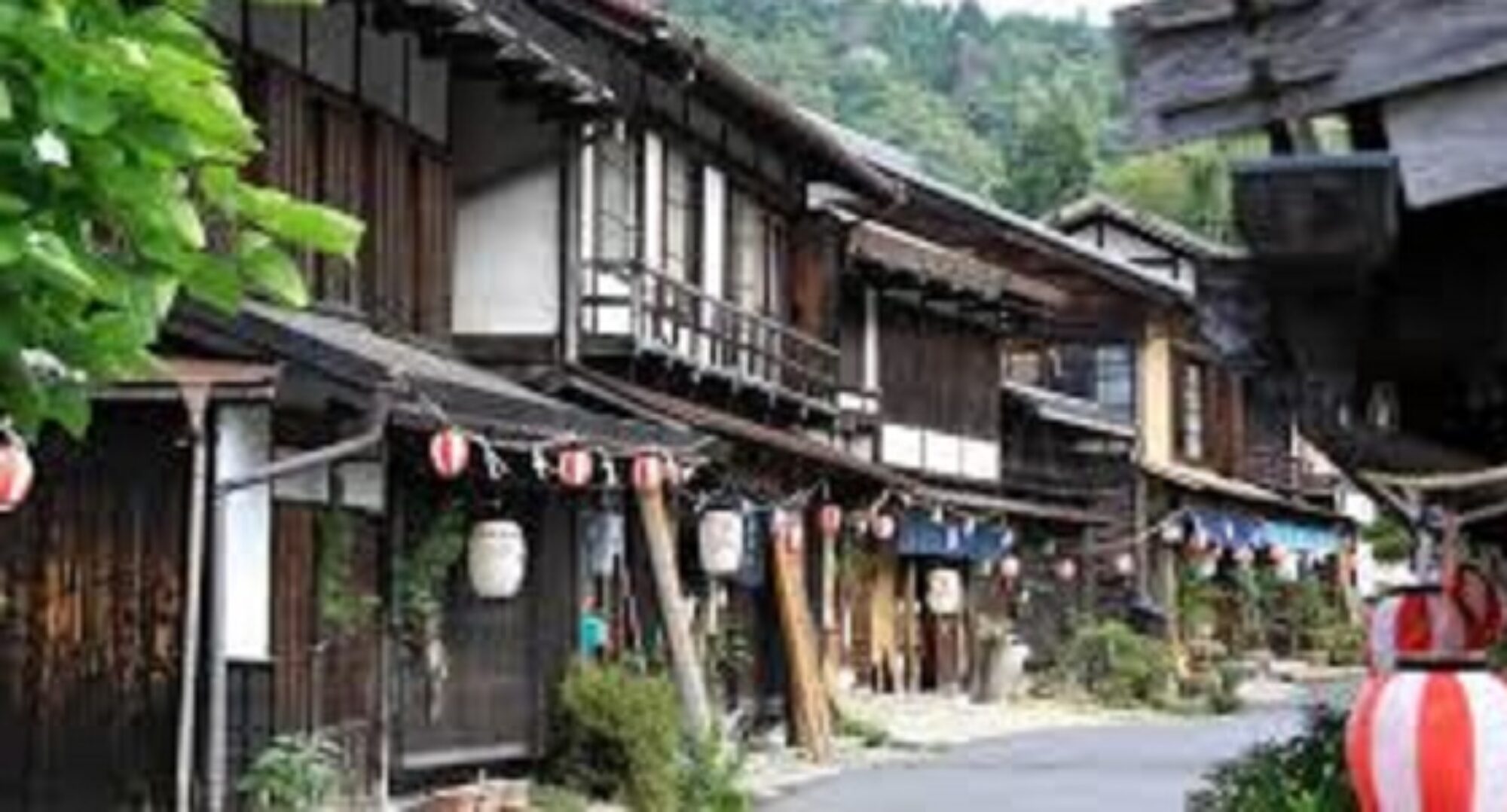Characteristics of Japanese culture
Japan has its own view of nature, which believes that humans are also part of nature.
The attitude of surrendering to nature and accepting any situation is reflected in Japanese culture.
Japanese people who live in Japan, which has four seasons, are sensitive to the changing seasons.
It can be said that Japanese culture was cultivated based on Japan’s unique view of nature.
The way you interact with people is different
Japanese people are very cautious because they have not interacted with other ethnic groups for a long time.
Many people are also modest in how they communicate.
We don’t do skinship unless we are close.
Different way of Eating
Japanese people have mainly eaten rice, fish, and vegetables.
We eat side dishes to enjoy rice deliciously.
Different ways of dealing with religion
Japan is a country where a large number of people are said to be non-religious.
Shinto and Buddhism are deeply rooted in the Japanese people.
Many people live their lives without realizing that they believe in Shinto or Buddhism.
Different view of life and death
Japan is a country based on the teachings of Buddhism, where people believe that if you die, you will reach Buddhahood,go to paradise or reincarnate as a different person or animal.
What is important in life is different
As part of the Japanese national character, many people place importance on conforming and harmonizing with their surroundings.
It is not good to be too assertive in terms of atmosphere.
Live your life with the mindset of not causing trouble and not wanting to make other people feel uncomfortable.
A different way of thinking about beauty
Japan Famous works of art that have been passed down from ancient times in Japan have a strong sense of elegance and desolation.
“Wabi-Sabi” is a uniquely Japanese value system that has influenced various cultures.
Wabi is he feeling of trying to enjoy a state of imperfection.
Sabi refers to withered state or the taste of oldness.
In particular, cultures such as Japanese gardens, tea ceremonies, and bonsai have been greatly influenced by the concept of wabi and sabi.
Japan has many things that can be called “culture unique to Japan,” such as things that were born in Japan and developed over time, and things that were adopted from overseas and then evolved uniquely to Japan.
There are many things that can be said to be culture only found in Japan.
